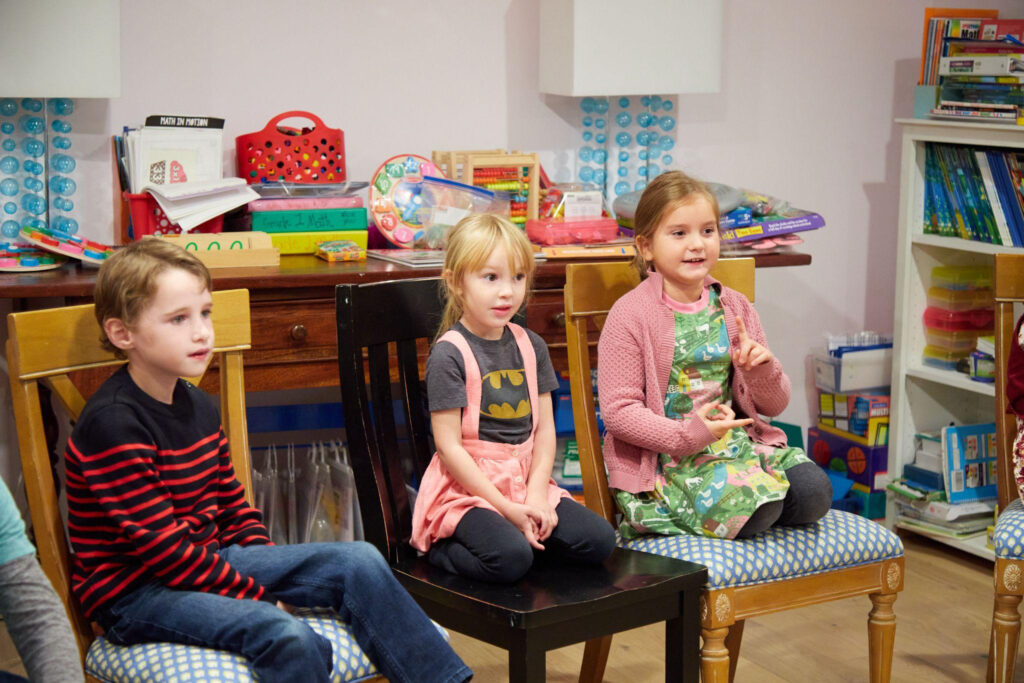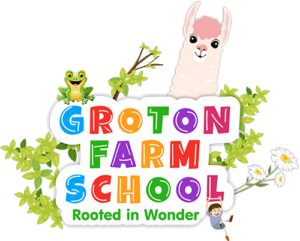In the realm of education, traditional age-segregated classrooms have long been the norm. However, there’s a growing trend towards an alternative approach — the multi-age school model, which serves as the cornerstone of Groton Farm School. This approach brings together students of different ages within the same classroom, fostering a learning environment that offers numerous benefits.
In this blog post, I’ll discuss the impact of a multi-age school’s educational paradigm that we have implemented at Groton Farm School.
Personalized Learning Experience
In my experience, one of the standout advantages of a multi-age school is the ability to tailor instruction to individual student needs. In a traditional classroom with 25-30 students, teachers often face the challenge of catering to a wide range of abilities and learning styles within a single age group. In a multi-age setting, like Groton Farm School, our teachers can better adapt their teaching methods to suit the diverse needs of students, providing a more personalized learning experience.

Cultivating Leadership Skills
Multi classrooms create an environment where leadership skills can flourish through peer learning. Our older students at Groton Farm School take on the role of mentors, guiding their younger peers and reinforcing their own understanding of concepts by teaching them. Simultaneously, the younger students benefit from the support and guidance of older, more experienced classmates. I have found this approach fosters a sense of community and cooperation, promoting a positive social dynamic within the classroom.
Social and Emotional Growth
In a multi-age school, students interact with peers of various ages, enhancing their social and emotional development. At Groton Farm School, I witness daily how our younger children learn valuable social skills by observing and interacting with the older students, while the older students develop empathy and leadership skills by helping their younger children. Most importantly, this diverse social interaction reflects the real world and prepares our students for a lifetime of collaboration with people of all ages.
Reduced Competition, Increased Collaboration
Traditional classrooms sometimes can create a competitive atmosphere, where students strive for grades and recognition. At Groton Farm School, we emphasize an atmosphere of collaboration, not competition. Our children are encouraged to work together toward common goals, promoting a collaborative spirit that is essential in the real world. The learning environment at Groton Farm School fosters a cooperative environment that will help build strong interpersonal skills.
Flexibility of Progression
In a classroom with students of multi-ages, there is no requirement for everyone to progress at the same speed. At Groton Farm School, our students who excel in subjects have the opportunity to move ahead of their grade level, while others can take their time to understand concepts without feeling pressured to keep up. This flexibility ensures that each of our students can succeed at their own pace and contribute to creating a positive and inclusive learning environment.
At Groton Farm School we embrace diversity, promote collaboration, and prioritize personalized learning. Our multi-age learning environment offers an experience that prepares students for the complexities of real life. Groton Farm School’s teaching approach represents a pathway toward nurturing well-rounded individuals who are not only academically skilled but also socially adept and adaptable to become the leaders of our future.
– Shelly Sullivan, M.Ed.
